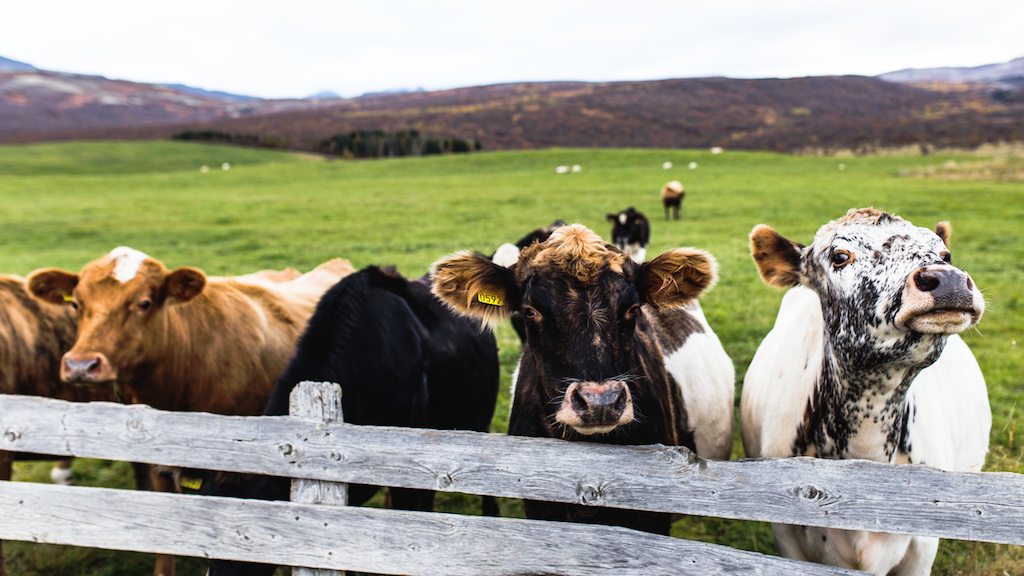

Better burps. There’s a new weapon in the war on climate change, one that takes aim at a lesser-known source of greenhouse gasses: cow burps. Cows, as we’ve previously reported, belch out 150 kilograms of methane every year—not a good thing, since there are many millions of them, and since methane is about 30 times more planet-warming than standard C02. But Australian researchers have discovered a new way to reduce the environmental impact of disgruntled bovine guts. According to a new study reported by the Australian Broadcasting Corporation, introducing a little seaweed to cows’ diets can drastically cut the methane content of their burps.
Grist, an award-winning, nonprofit media organization dedicated to highlighting climate solutions and uncovering environmental injustices,…
Every year, California dairy farms emit hundreds of thousands of tons of the potent greenhouse…
Highway 7 runs north-south through western Washington, carving its way through a landscape sparsely dotted…
One of the greatest pleasures I had as a child growing up in the Chicago…
Undocumented immigrants experience food insecurity at much higher rates than other populations, yet they are…
Writer Charlotte Druckman and editor Rebecca Flint Marx are both Jewish journalists living in New…